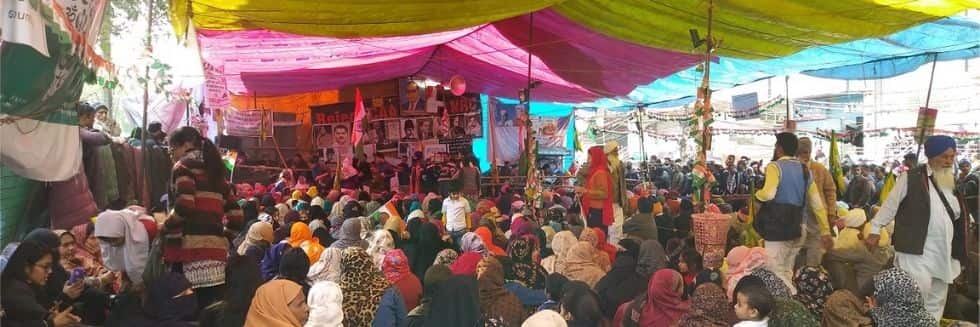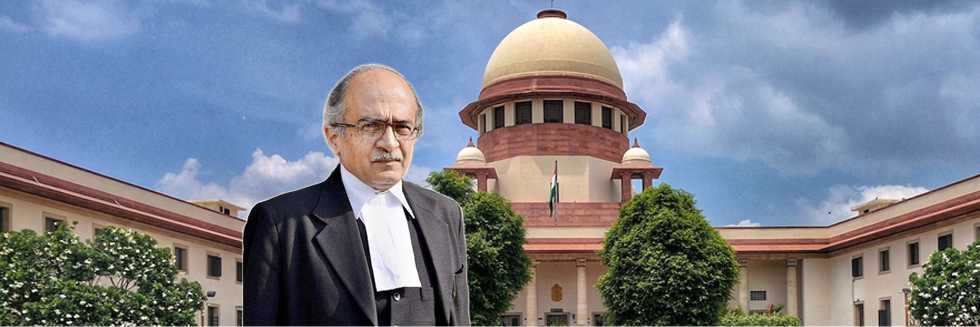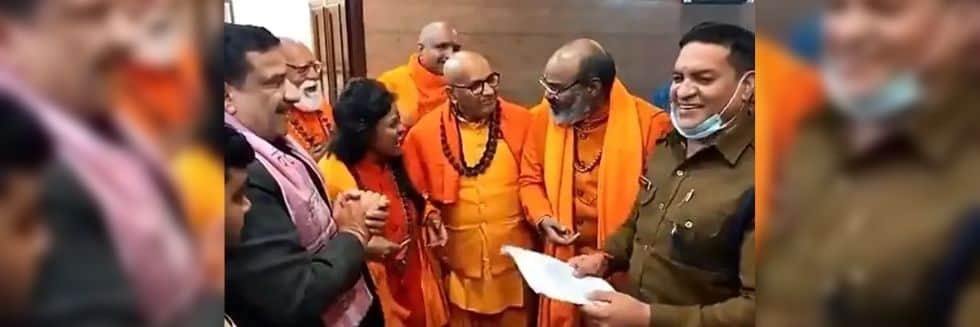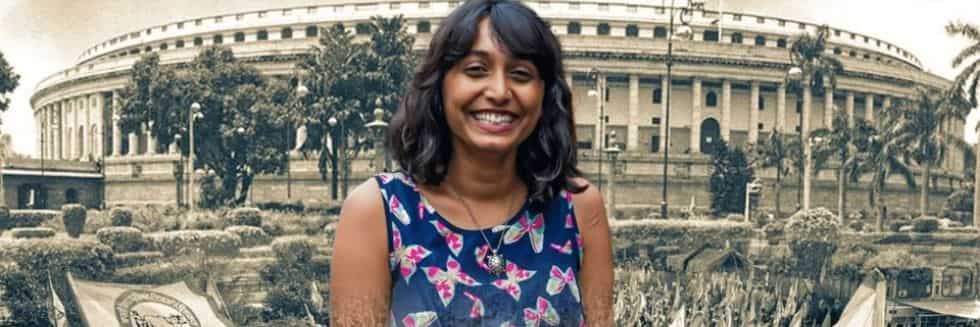“The right to protest in public places is not absolute and public places cannot be occupied indefinitely for such protests,” the Supreme Court ruled on Wednesday in a case highlighting the troubles faced by the general public at Shaheen Bagh in south Delhi due to anti-CAA protestors.
The bench comprising of Justices SK Kaul, Aniruddha Bose, and Krishna Murari has on Wednesday held that ‘Dissent and democracy go hand in hand but protests must be carried out in designated areas’.
During the hearing, Justice S K Kaul remarked: “There cannot be a universal policy. In a parliamentary democracy, there is an avenue of debate. The only issue is in what manner and where. and for how long and how to balance it.”
While Solicitor General Tushar Mehta argued that the Right to Protest was a fundamental right, albeit with reasonable restrictions, Justice Bose stated that the Right to protest has to be balanced with the right of the people to use a public road. For a long period of time, a public road was blocked. “What about this right to use the road?”.
The Court went on to note that it was the duty of the administration to remove such blockades of roads. The administration’s inaction in this regard warranted the Court’s intervention, held the bench.
The petitioner, Advocate Amit Sahni had first approached the Delhi High Court seeking to remove the protests against CAA-NRC at Shaheen Bagh, while contending that the protests were blocking public roads, affecting the right of free movement of the public. However, the HC disposed it of directing the Central Government to consider his grievances as a representation. Aggrieved by the refusal of the High Court to pass directions to clear the protest site, the petitioner approached the SC with a Special Leave Petition in the SC.
On February 17, the apex court had appointed Senior Advocate Sanjay Hegde and Advocate Sadhana Ramachandran as interlocutors to hold talks with the Shaheen Bagh protesters regarding the opening up of roads closed due to the protests. Although the protesters vacated the site in March with the onset of the COVID-19 pandemic, however, the top court continued to hear the matter on a larger issue of balancing the right to protest with the right to free movement of people. Subsequently, on 21st September the bench had reserved its judgment, on the aspect of ‘the need to balance the right to protest with the right of mobility by other people’.






